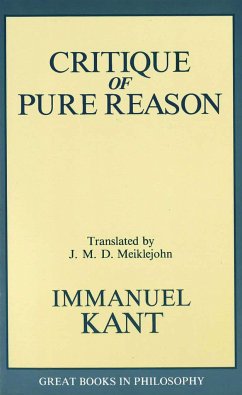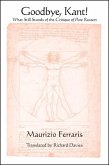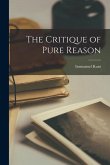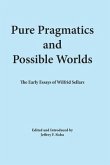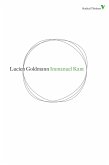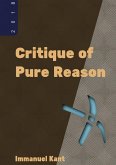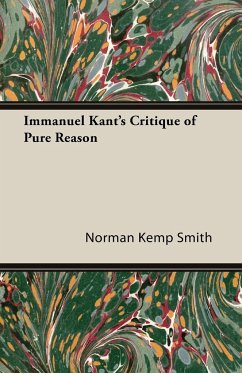Metaphysicians have for centuries attempted to clarify the nature of the world and how rational human beings construct their ideas of it. Materialists believed that the world (including its human component) consisted of objective matter, an irreducible substance to which qualities and characteristics could be attributed. Mindthoughts, ideas, and perceptionswas viewed as a more sophisticated material substance. Idealists, on the other hand, argued that the world acquired its reality from mind, which breathed metaphysical life into substances that had no independent existence of their own. These two camps seemed deadlocked until Immanuel Kant's Critique of Pure Reason endeavored to show that the most accurate theory of reality would be one that combined relevant aspects of each position, yet transcended both to arrive at a more fundamental metaphysical theory. Kant's synthesis sought to disclose how human reason goes about constructing its experience of the world, thus intertwining objective simuli with rational processes that arrive at an orderly view of nature.

